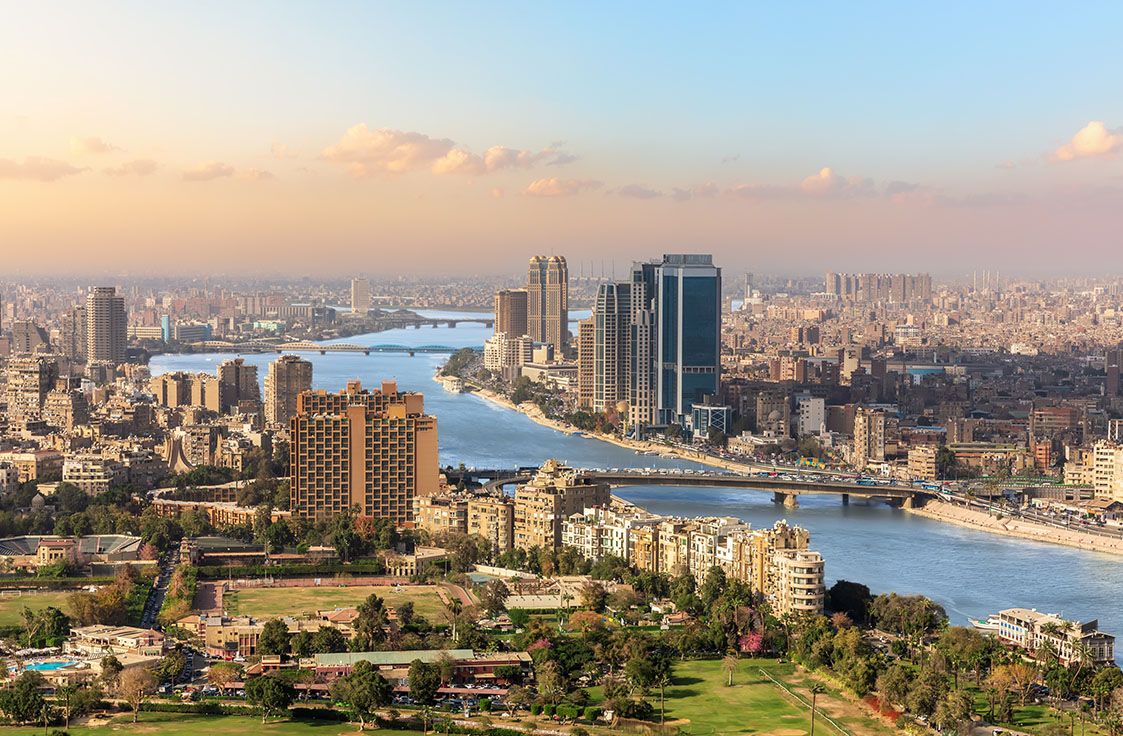Birches Group monitors the world’s most dynamic labor markets, keeping you informed about critical trends and developments gaining significant media attention.
Port-au-Prince is in a state of paralysis as Haiti gang violence spirals out of control. This eruption of chaos has led to the resignation of Prime Minister Ariel Henry in the face of mounting pressure.
With a power vacuum now in place, the gangs are expanding their influence in Port-au-Prince and fighting for control of the city. Yet, the future of Haiti’s government appears increasingly uncertain. As a result, Haitians are grappling with the immediate dangers and the long-term question of who will guide the Caribbean nation out of the crisis.
What is happening in Haiti?
On the week of 29 February 2024, armed gangs in Port-au-Prince attacked two of Haiti’s largest prisons and other key infrastructure. More than 3,800 inmates have fled, and the gangs have openly tried to assert political control in the country. This recent escalation of Haiti gang violence unfolded after Henry left the country on a trip to Kenya to seek support in combating Haiti’s long-standing gang problem.
Gang leaders took advantage of Henry’s travel to seize control of the capital. The gangs attacked police stations and the international airport, preventing the Prime Minister from returning. Its most visible leader, Jimmy Chérizier, has called on Haiti’s many criminal groups to join forces and overthrow Henry’s government.
After two weeks of continuous violence back home, Henry announced in Puerto Rico on 12 March 2024 that he would resign as soon as a transitional presidential council was formed. However, Henry remains unable to return to Haiti, and creating the council requires careful consideration and planning.
According to United Nations (UN) officials, about 80% of Port-au-Prince and the surrounding region is now under gang control. Furthermore, UN reports estimate that 5.5 million people—nearly half of Haiti’s population—need humanitarian aid.
How is the crisis affecting humanitarian groups?
What is clear is that Haiti’s new surge of unrest is causing a dramatic increase in the country’s humanitarian needs, displacing tens of thousands.
The escalating Haiti gang violence in Port-au-Prince has created a nightmarish situation for humanitarian groups trying to deliver aid. Restricted movement and fierce clashes have severely disrupted the flow of essential supplies, including food, water, and medicine.
Caught in the crossfire. Beyond the logistical challenges, aid groups face the constant threat of violence. Staff members are forced to navigate volatile areas controlled by gangs, putting their safety at risk.
The path forward. The immediate focus is restoring security and facilitating the safe passage of aid workers so they can respond swiftly to the deepening crisis. Analysts and observers agree that collaboration between Haitian authorities, international organizations, and local nonprofits is vital to setting up secure aid corridors.
The long road to recovery. The long-term consequences of this crisis on development and humanitarian efforts are a growing concern. Disruptions to aid delivery will worsen existing issues like poverty and malnutrition.
How are the Haitian government and the international community responding to the crisis?
In response to the increased violence, the Haitian government declared a state of emergency on 3 March 2024. Nighttime curfews are also being enforced in some areas to “take appropriate measures in order to regain control of the situation.” Additionally, the government has deployed more police forces. However, these efforts have been largely ineffective against heavily armed gangs.
The international community has expressed deep concern over the rapidly deteriorating situation in Haiti. UN Secretary-General Antonio Guterres emphasized the urgency of addressing the crisis. Specifically, he called for increased financial support for the UN-authorized multinational security mission, which is critical to restoring stability in the nation.
How Birches Group can help
The current turmoil in Haiti highlights the importance of having a Special Measures Policy. This type of policy allows your organization to adapt its human resources strategies even when faced with unforeseen events. A well-crafted Special Measures Policy includes triggers and immediate responses to cushion the effects of crises on staff while assessing market movement in succeeding months.
Don’t wait for a crisis to happen—take a proactive approach. Birches Group can help you develop a Special Measures Policy today. Our expert guidance will address your needs, ensuring your organization continues functioning amid social unrest. By taking this critical step, your organization stays resilient in an ever-changing world. Contact Birches Group today.
While this headline article was written in mid-March 2024, Haiti’s social unrest and political crisis are rapidly evolving. The information presented, including statistics and events, reflects the understanding at the time of writing.
References
- https://apnews.com/article/haiti-prison-break-2788f145b0d26efc2aa199e923724e0f
- https://apnews.com/article/haiti-violence-prison-break-curfew-6341d1cda5f02f6c66d351ad2d206e7b
- https://edition.cnn.com/2024/03/13/americas/haiti-henry-constitution-transitional-council-intl/index.html
- https://edition.cnn.com/2024/03/15/americas/haiti-port-au-prince-gangs-escape-intl-latam/index.html
- https://hls.harvard.edu/clinic-stories/with-haiti-on-the-brink-of-collapse-a-reckoning-for-us-policy-on-haiti/
- https://news.un.org/en/story/2024/03/1147262
- https://reliefweb.int/report/haiti/haiti-emergency-situation-report-no-3-6-march-2024
- https://www.businessinsider.com/whats-happening-haiti-gang-violence-prime-minister-resigns-2024-3



